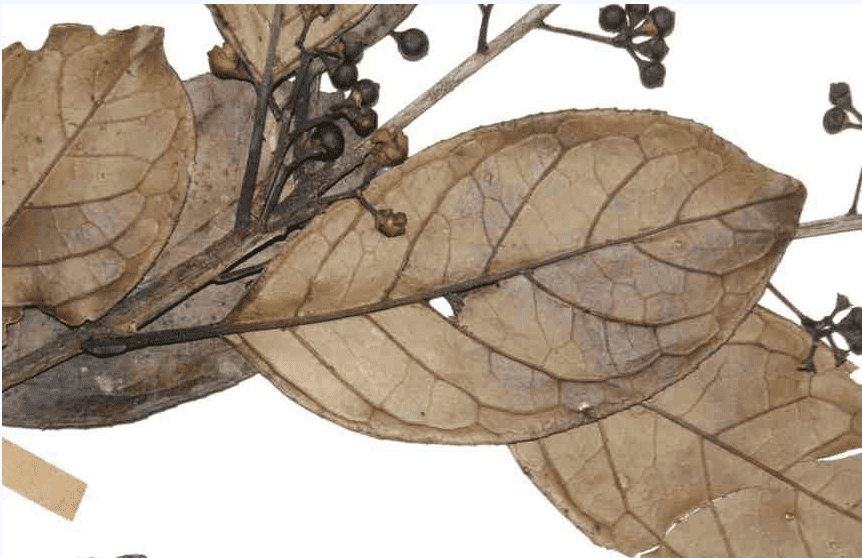Two new plant species have been discovered on Costa Rica’s Cocos Island, adding to the country’s already impressive list of biodiversity. The Stenospermation coques and Ilex hammelii were identified through the work and investigation of botanist Alexander Rodríguez, the collaboration of park rangers from Cocos Island, and international experts.
The Stenospermation coques was discovered by park rangers stationed on the island and SINAC. It belongs to the Araceae family, and the new species is endemic to Cocos Island. The Ilex hammelii, on the other hand, was discovered through a completely different study and belongs to the Aquifoliacea family. It was proposed as a new species due to its unique characteristic of star-shaped trichomes.
Defining a new species within the Ilex genus was a complex task, with over 650 species worldwide, but the new discovery shows the valuable research conducted by the National Museum of Costa Rica. Naming the Ilex hammelii was a tribute to botanist Barry Hammel, who has discovered numerous new species and is one of the main editors of the “Manual of Costa Rican Plants.”
Costa Rica is known for its exceptional biodiversity, with approximately 6% of the world’s species found within its borders. The country has made significant efforts to protect its natural resources, with around 26% of its land designated as protected areas. Discoveries like these show the importance of continued research and conservation efforts to preserve this natural wealth.
As Nayuribe Guadamuz Rosales, the Minister of Culture and Youth, stated, “We must promote research and preserve our natural wealth.” These new findings highlight the value of collaboration between scientists, park rangers, and experts to identify and protect new species. It also highlights the importance of preserving protected areas like Cocos Island, which has been designated as a UNESCO World Heritage Site due to its unique ecosystem and biodiversity.
The discovery of these new plant species is not only significant for Costa Rica but for the scientific community worldwide. It showcases the need for continued research and the importance of protecting our natural resources. It also demonstrates the vital role that park rangers and experts play in identifying and preserving new species for future generations to enjoy.






